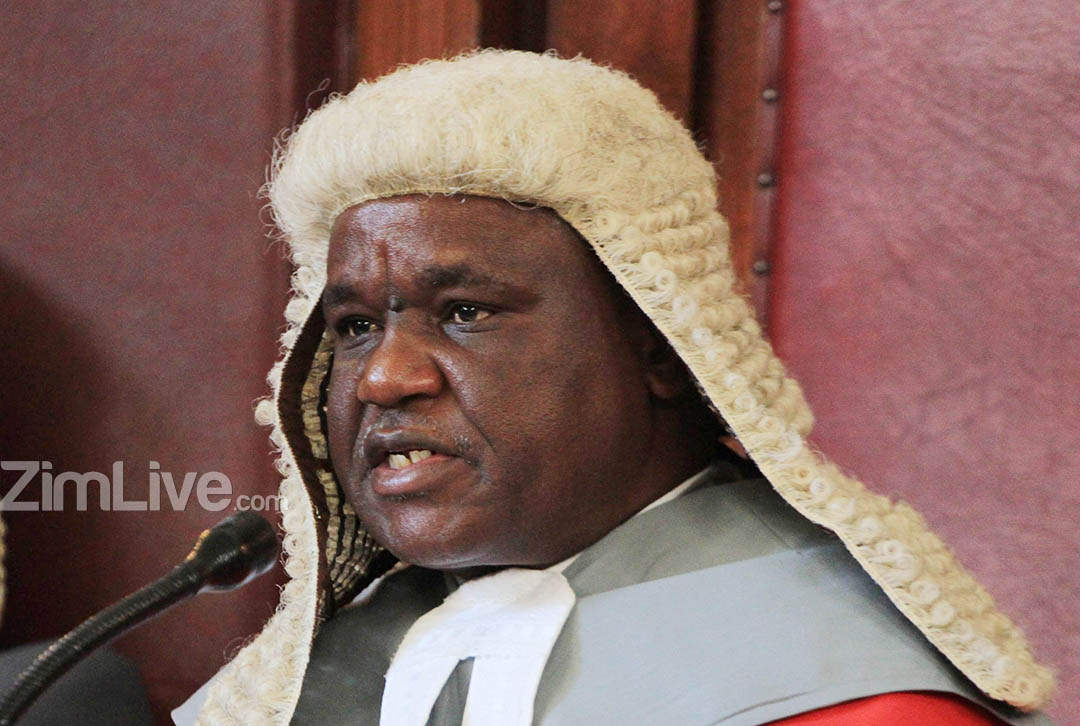HARARE – Chief Justice Luke Malaba has performed a humiliating climbdown after withdrawing his controversial directive requiring judges to have their judgements “seen” and “approved” by their superiors before being handed down.
The directive had been condemned by Zimbabwean lawyers who said it was a threat to the independence of individual judges.
Malaba initially amended his July 16 guidance by dropping the requirement for the judgements to be “approved”, saying instead it would be sufficient for them to be merely “seen” by himself or the Judge President George Chiweshe.
Now, the Judicial Services Commission (JSC), in a statement, says Malaba has completely withdrawn the requirement for the judgement to be either seen or approved by a superior.
In a letter to the Law Society of Zimbabwe dated July 21, JSC secretary Walter Chikwana insisted that Malaba’s memorandum was “not meant to stifle the independence of the judiciary, neither was it meant to give heads of courts/stations/divisions review powers over judgements and decisions made by fellow judges.”
“We now realise that this… has created the unfortunate and unwelcome perception… The Chief Justice is a firm believer in the independence of the judiciary. This is a principle that is provided for in our constitution and is sacrosanct,” Chikwana wrote.
The Africa Judges and Jurists Forum (AJJF) had condemned Malaba’s move, which it said was “unconstitutional and a serious threat to judicial independence.”
“It needs to be totally revoked as it has no place in a modern constitutional democracy governed according to separation of powers,” AJJF secretary Martin Okumu-Masiga said in a July 21 statement.
The AJJF said individual decisional independence of judges protected citizens’ rights to a fair trial “without which there cannot be justice.”
The JSC said Malaba made the decision following concerns by litigants and lawyers who said judgements were not always readily accessible after they were handed down.
In a new memorandum to replace his July 16 directive, and its amendment a day later, Malaba said “all judgements handed down must be immediately accessible to the registrars, litigants and the public.”
















